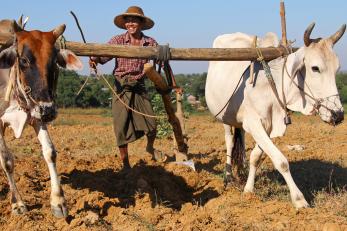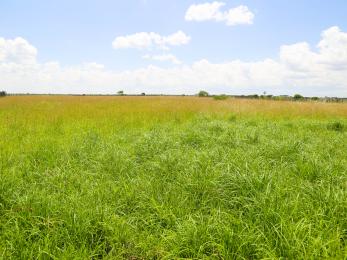The Dry Zone of Myanmar: A Strategic Resilience Assessment of Farming Communities

Myanmar's Dry Zone covers just about 13% of the country, yet is home to nearly a third of its total population of 52 million. Most are engaged in marginally profitable agriculture-based livelihoods and are subject to shocks and stresses such as erratic rainfall patterns, price fluctuations and degrading soil quality. The result is chronically high levels of food insecurity, malnutrition and crippling indebtedness.
In order to better understand the connections between poverty, vulnerability and the resilience capacity of the Dry Zone farming communities, Mercy Corps conducted a Strategic Resilience Assessment (STRESS). STRESS is a process for building an understanding of the dynamic social, ecological and economic systems within which communities are embedded in roder to develop measurable, resilience-building strategies.
Through a series of data collection and analysis steps at local, regional and national scales, the assessment ranked the impacts of social, ecological and economic shocks and stresses on communities, while also gaining insight into the capcaities essential to mitigating them. The assessment report concludes with a theory of change, which outlines a set of harmonized development strategies for building resilience.
